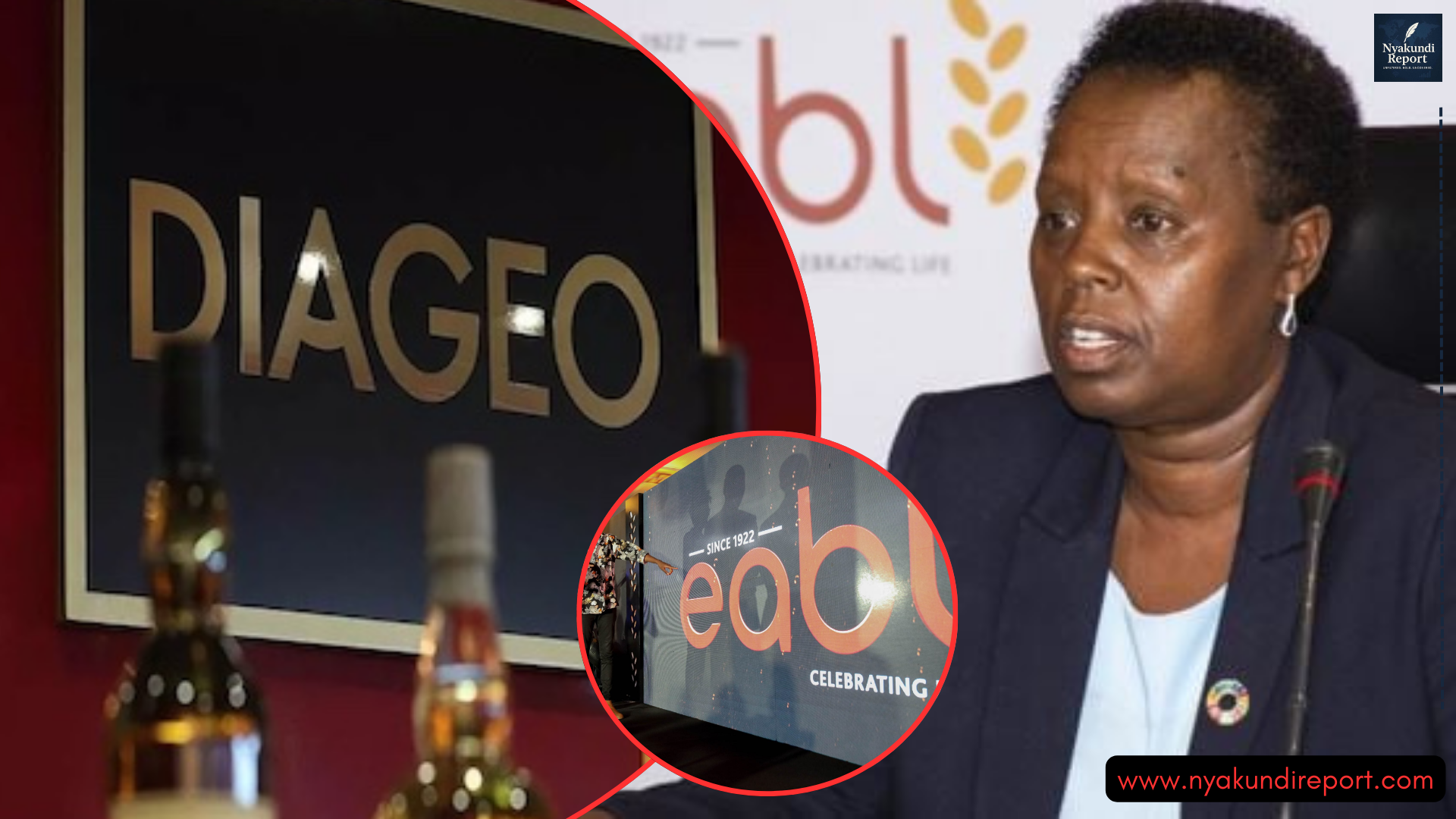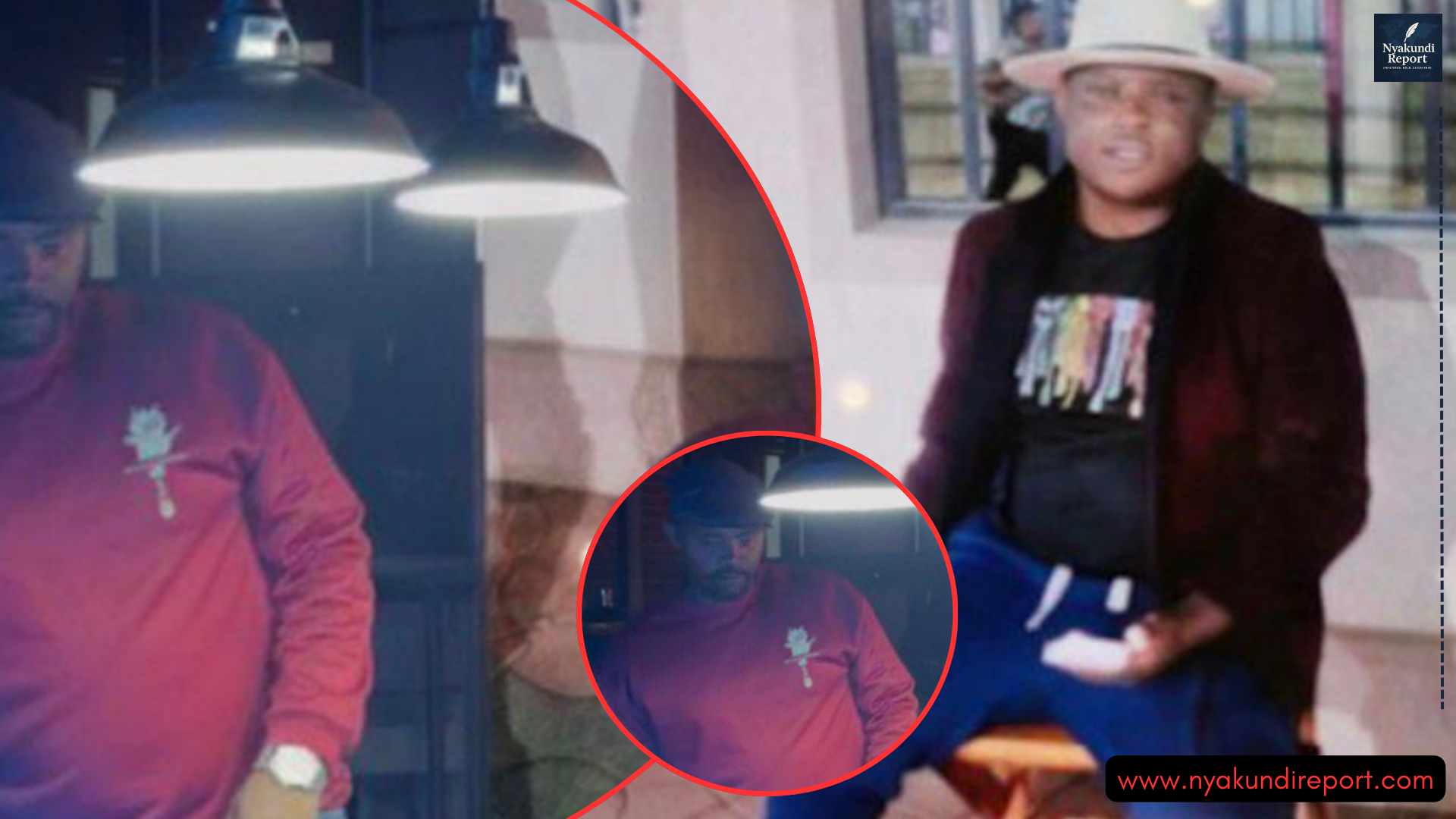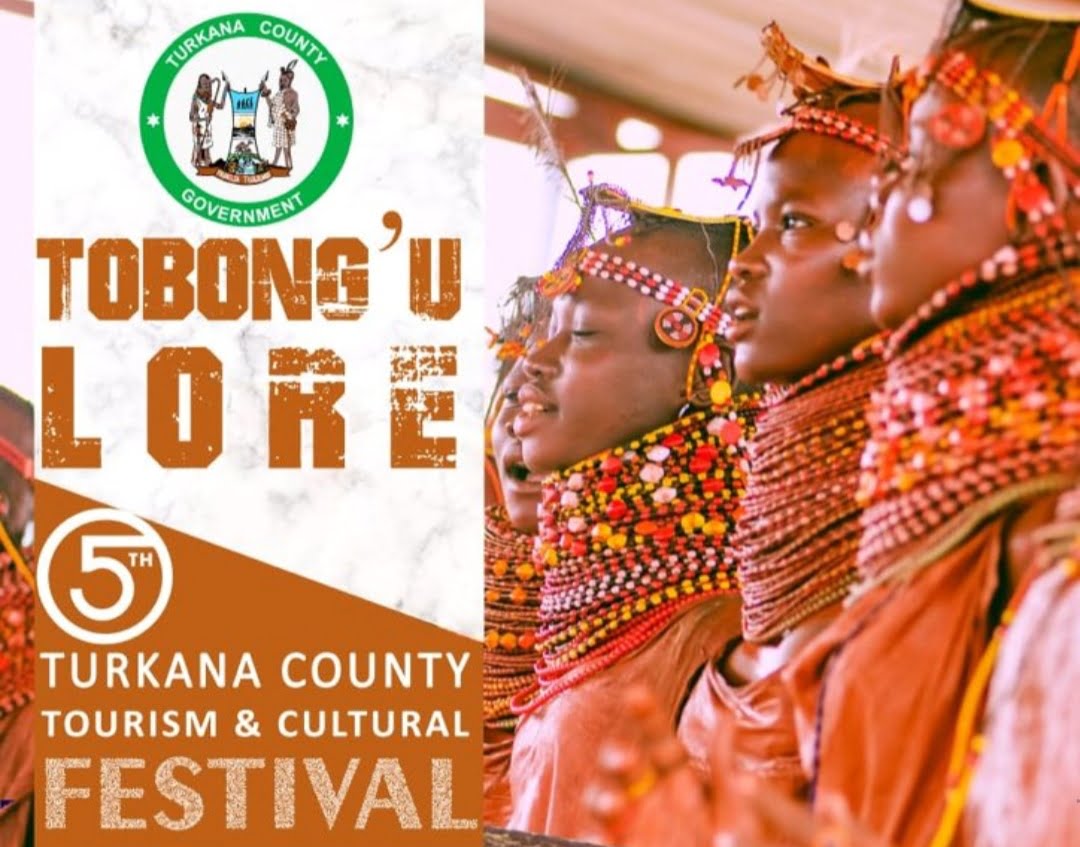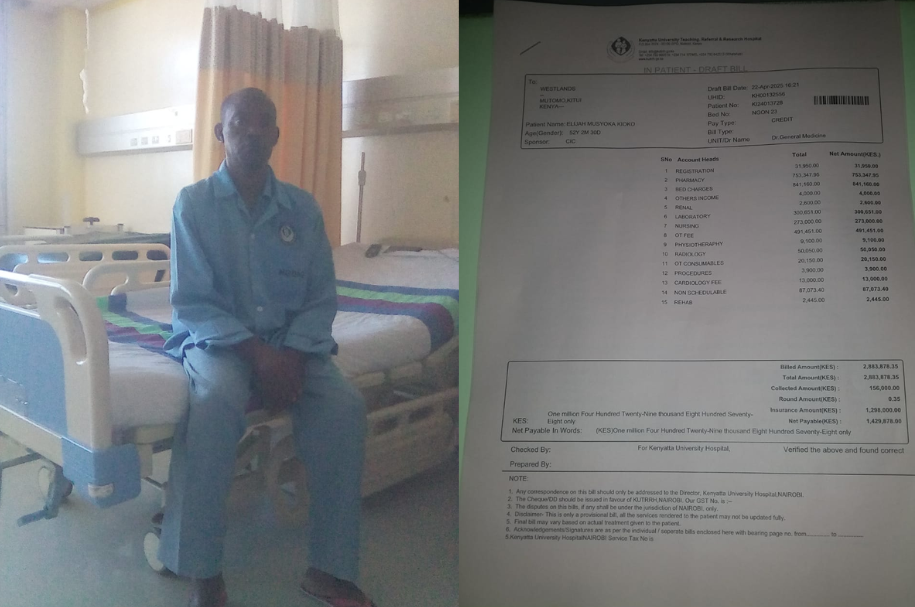The golden days of influencers cashing in on Kenya’s booming gambling industry are officially over. In a dramatic regulatory move, the Betting Control and Licensing Board (BCLB), under the Office of the President, has outlawed the use of celebrities, influencers, and content creators in gambling promotions.
This decision lands as a heavy blow to social media stars and mainstream entertainers who once made millions marketing betting firms to their massive online audiences. But now, the government is changing the rules—hard and fast.

Gambling in Kenya Faces Sharp Regulatory Overhaul
Gambling in Kenya is undergoing the strictest reforms in years. Following a temporary 30-day suspension of gambling ads across all media platforms, the BCLB has returned with tougher, more comprehensive regulations.
The biggest shocker? A total ban on using any public figure—actors, musicians, YouTubers, TikTokers, or even popular radio presenters—to promote gambling. The goal, according to BCLB’s May 29 notice, is to promote responsible gambling and protect minors and other vulnerable citizens.
Under the new framework, no advertisement involving gambling will go live without approval from two government bodies: BCLB and the Kenya Film Classification Board (KFCB). Media houses now carry legal responsibility to ensure all gambling ads meet this standard. There is no shortcut.
“All media outlets shall adhere to the Code of Conduct for Media Practices, 2025,” BCLB stated.
This means every gambling advert must:
- Display the BCLB license number
- Include a clear responsible gambling message
- Name the operator and list their physical address
- Show or mention a customer-care number
- Carry the line “authorised and regulated by the Betting Control and Licensing Board”
Furthermore, these ads cannot suggest gambling is a way to get rich or gain social status. They cannot show flashy lifestyles, and they must never associate the act of gambling with popular faces or voices.

No More Gambling Ads Near Children
BCLB has also made it crystal clear that gambling promotions are not welcome near schools, playgrounds, malls, or religious centers. These are places children frequent, and the board says it is determined to shield them from betting temptations.
This geographical ban reflects growing concerns that Kenya’s youth—especially those under 25—are overexposed to gambling. A sharp increase in internet access has flooded their devices with flashy, fast-money betting apps and influencer-backed promotions. Now, that ends.
Celebrities and Influencers Lose Major Revenue
For Kenyan celebrities and online content creators, this decision cuts off a major income stream. Top influencers have been signing multi-million shilling deals with betting firms for years. Even lesser-known creators could earn steady money promoting small-time sportsbooks on social media.
But with the BCLB’s firm hand, those days are done. While the ban won’t stop them from working with other industries, gambling endorsements were among the most lucrative. Now, artists and influencers will need to pivot, fast—especially those who leaned heavily on betting sponsors for survival.
And with content creation already struggling under low monetization and limited brand support in Kenya, the timing couldn’t be worse.
Yet, the government insists this is necessary. Kenya’s gambling sector has ballooned over the past decade, feeding addiction, debt, and broken families. Reports show that the majority of gamblers are young, unemployed, and see betting as a lifeline—something authorities now aim to dismantle.











































